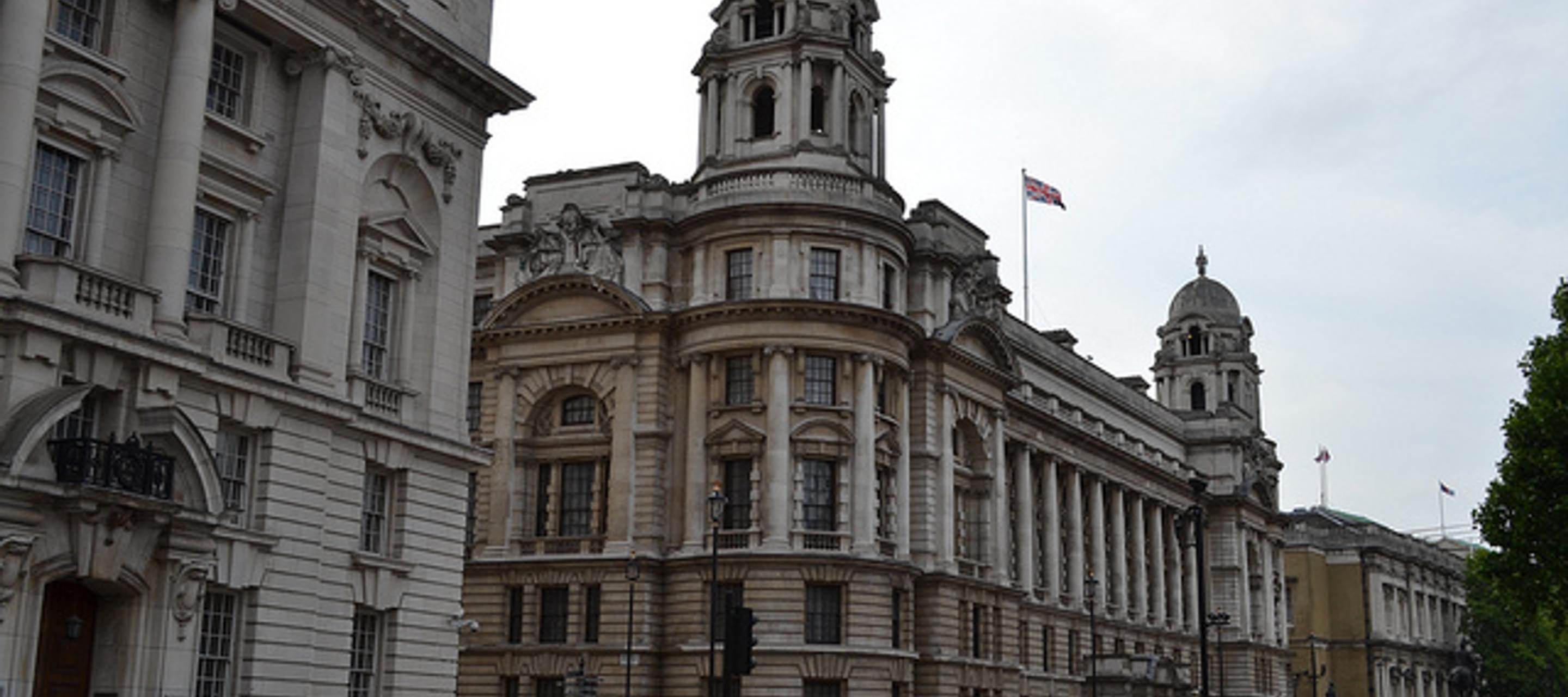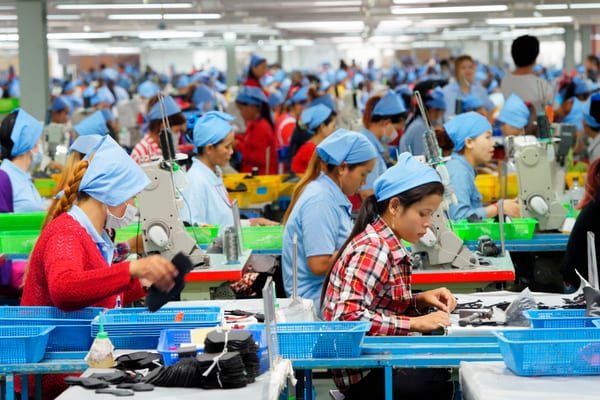Review of the UK National Action Plan on Business & Human Rights
26 July 2015

In September 2013, the UK became the first government to publish and launch a national action plan on business and human rights (NAP) entitled "Good Business: Implementing the UN Guiding Principles on Business & Human Rights". In the NAP was a commitment to review and update it by the end of 2015.
The review process was launched in March 2015, with issue-specific workshops taking place in June - July 2015.
IHRB played a proactive role in facilitating stakeholder consultations undertaken as part of the process to develop the UK's first NAP in 2012/13. This IHRB submission is in part based on a review of relevant policies and approaches by over 70 States worldwide: most without NAPs, but nonetheless implementing particular practices of relevance to the business and human rights agenda. The submission is organised around five main areas in which the state relates to business - as an economic actor, as a regulator and enforcer of law, as the creator of accountable marketplaces, as a partner in development, and as an enabler of trade and investment - and offer additional recommendations relating to mega-sporting events.
Photo: Flickr/lorenjavier


